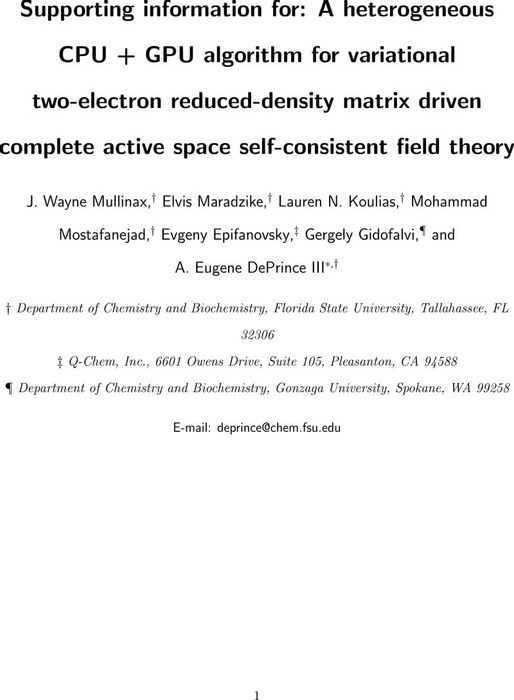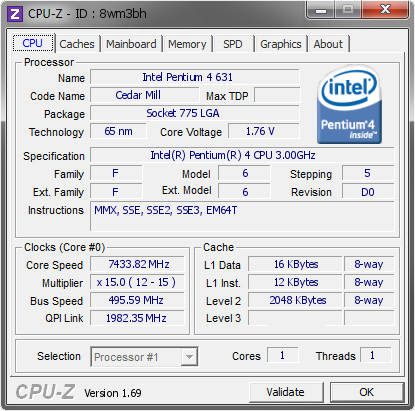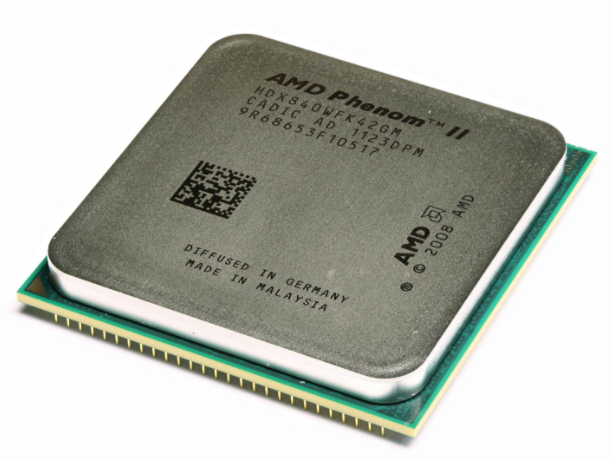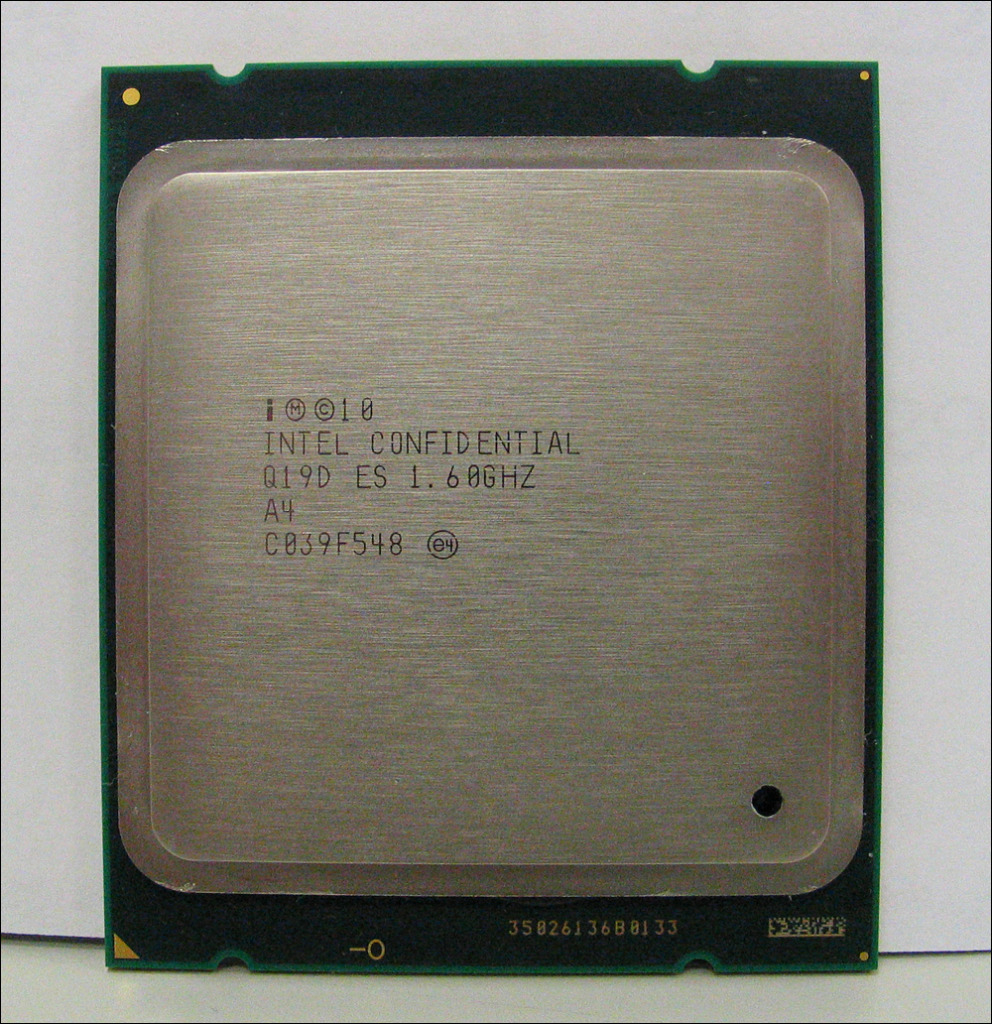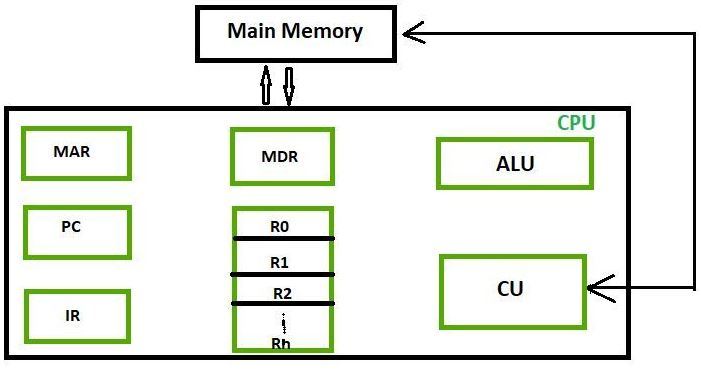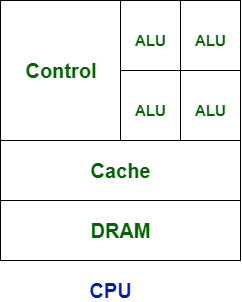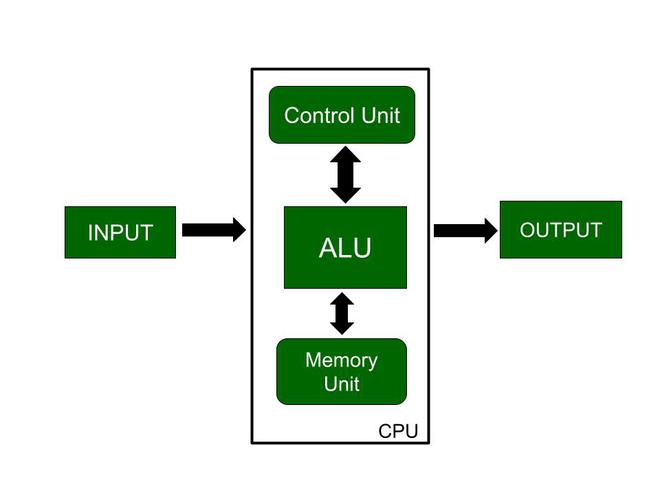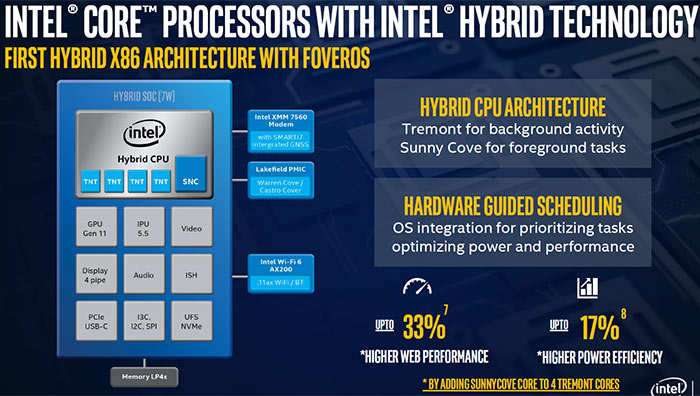![PDF] Custom designed CPU architecture based on a hardware scheduler and independent pipeline registers — Concept and theory of operation | Semantic Scholar PDF] Custom designed CPU architecture based on a hardware scheduler and independent pipeline registers — Concept and theory of operation | Semantic Scholar](https://d3i71xaburhd42.cloudfront.net/1d868c219c6ad4618e1a071e19d7b81cc2310923/3-Figure2-1.png)
PDF] Custom designed CPU architecture based on a hardware scheduler and independent pipeline registers — Concept and theory of operation | Semantic Scholar
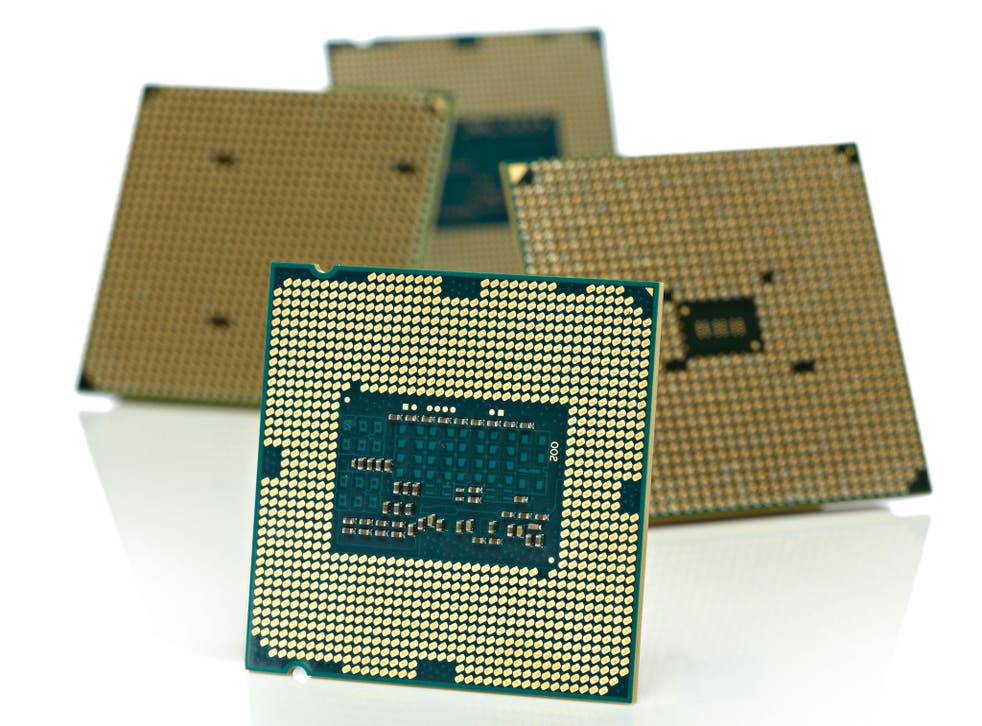
The end of Moore's Law? Why the theory that computer processors will double in power every two years may be becoming obsolete | The Independent | The Independent

X99 Dual Server Computer Motherboard,LGA2011-3 CPU DDR4 Memory,X99 Dual Theory Support To the Maximum Amount Of Memory Is 512 G = 64 G * 8,Game Mainboard Module for In-tel: Buy Online at

A) Schematic computer architectures for CPU and GPU. (B) Calculation... | Download Scientific Diagram
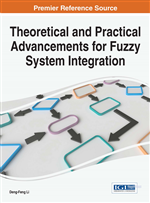
Intuitionistic Fuzzy Set Theory with Fair Share CPU Scheduler: A Dynamic Approach: Computer Science & IT Book Chapter | IGI Global
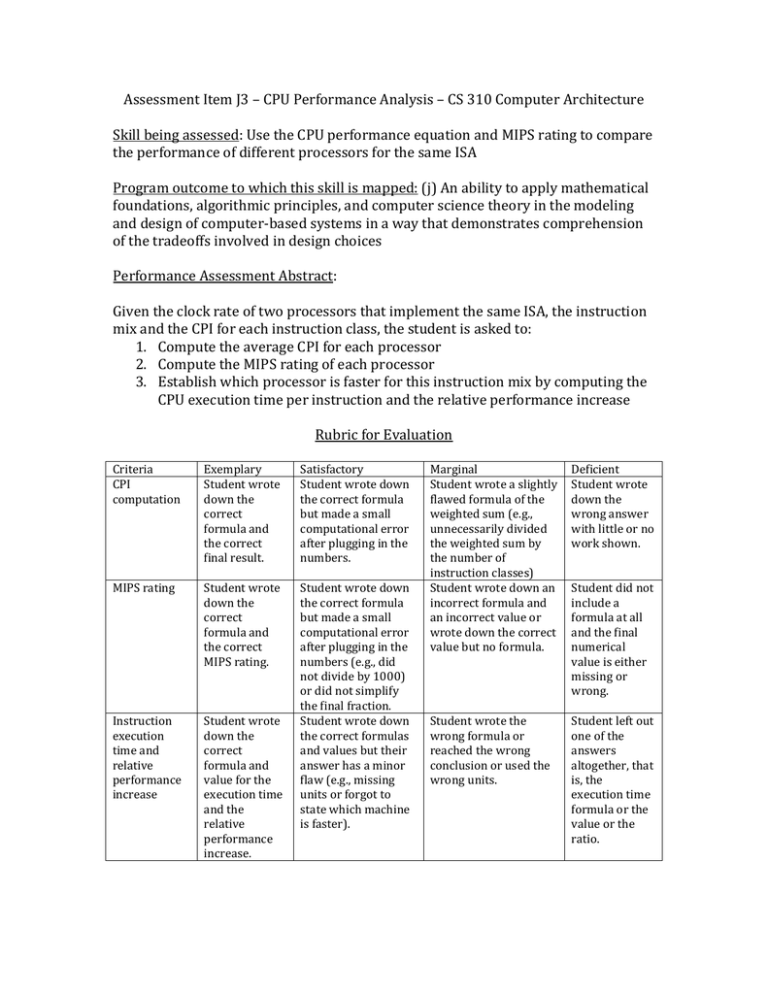
Assessment Item J3 – CPU Performance Analysis – CS 310... Skill being assessed: Use the CPU performance equation and MIPS...
